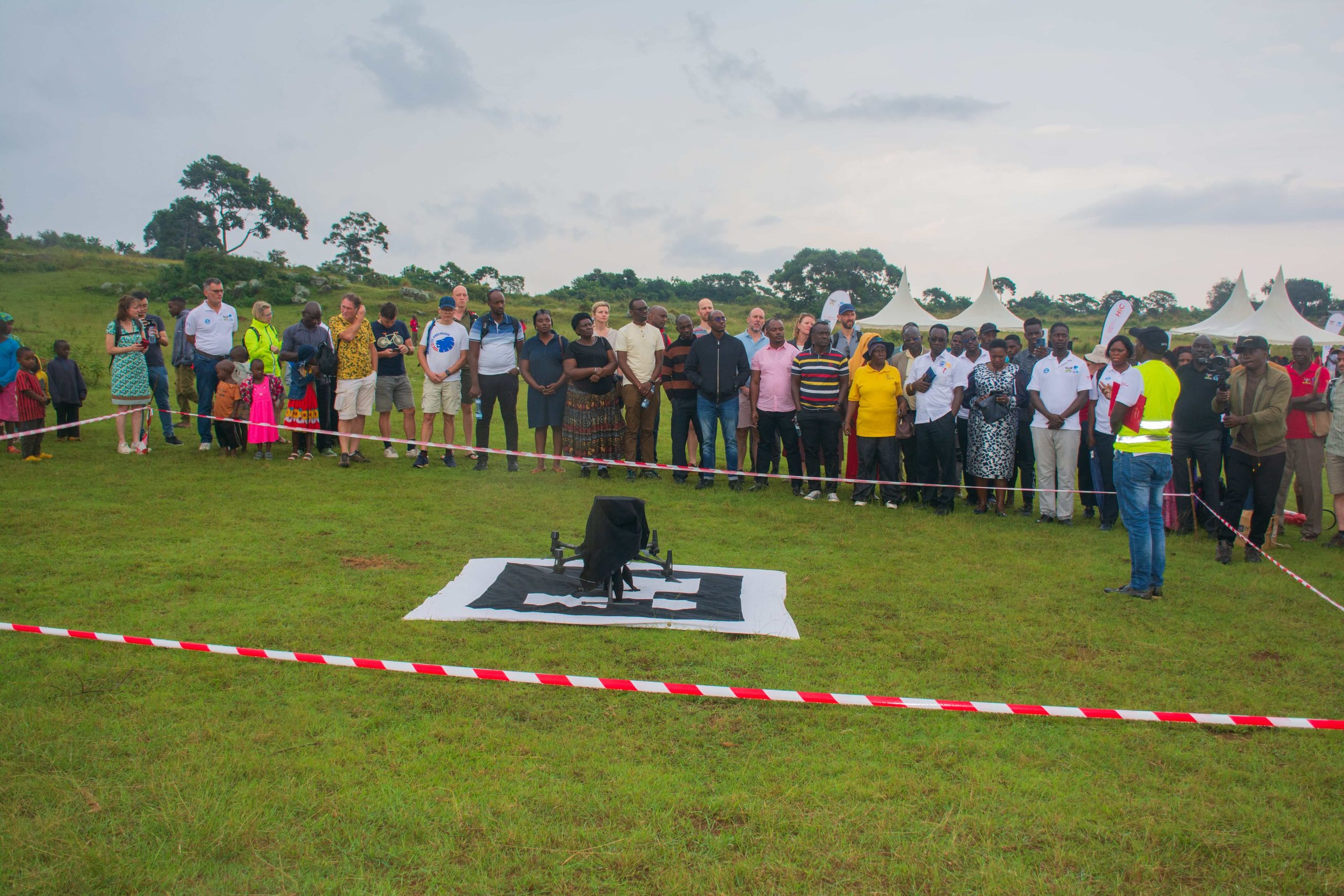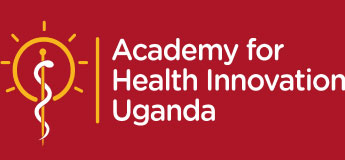
For nearly fifteen years, Innocent Nshemereirwe has lived positively on Buyovu, one of the 63 inhabited islands that make up Kalangala. During that time, he has witnessed the evolution of access to medication on the remote isle.
“Getting medicine on this island a few years ago was very difficult. We did not have a hospital or health centre that regularly provided it. For proper treatment, one needed to travel back to the mainland. We also had doctors who would bring the medicine directly to us, but never consistently. If the weather were terrible, the drop would have to wait. It was also quite risky for them to travel from island to island by boat. All in all, getting medicine to the people was no easy feat.”
On January 14, 2023, twenty members from Janssen, the pharmaceutical company of Johnson and Johnson, were present in the Bufumira sub-county in Kalangala district to commemorate one year of the medical drones pilot project on the island.
Speaking at the event, the Director of the Academy, Dr. Rosalind Parkes Ratanshi, commended Janssen for the enormous support they have provided to the project to make access to healthcare easier for the people of Kalangala.
“We are very grateful for your support in contributing to the success of this project that has helped to enhance the health of the people of Bufumira, and we do hope that our relationship can continue so that we can serve the people through innovation.”
Ever since the drones touched the island, Innocent said that the impediments to accessing healthcare have greatly diminished.
“I do not need to travel to Bufumira Health Center to access my medication. The drone delivers to where I am in Buyovu. This is of great advantage to not only me but also the many HIV-positive people who cannot afford to travel from one island to another regularly.”
Jane Namukasa, the Assistant District Health Officer in attendance at the function, also emphasized the role that the drones have played in the viral suppression among the population in Kalangala.
“Since the drones deliver the medicine directly to the people where they can easily access it, the stigma from the community has not been an issue. Positive people do not need to come all the way to the health centre. This has motivated them to take their medication as they are supposed to. This is very encouraging. The credit goes back to IDI. Your work here has been tremendous.”
Development partners from the Ministry of Health, the Civil Aviation Authority, and the AIDS Control Programme were also present and were taken through a demonstration of how the drones are packed and flown to deliver medication from one island to another by the Project Coordinator and drone pilot Patrick Ssesaazi.
